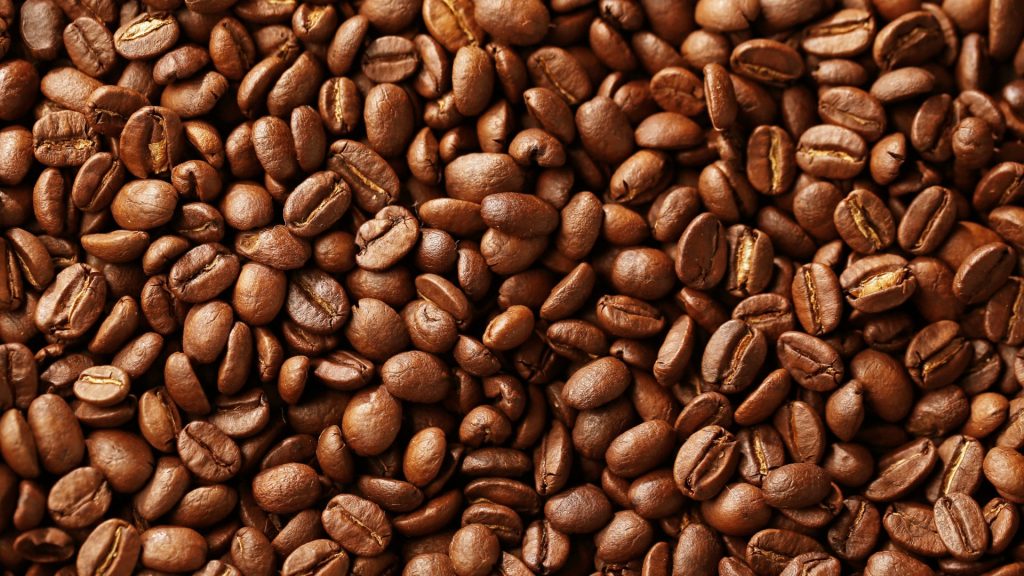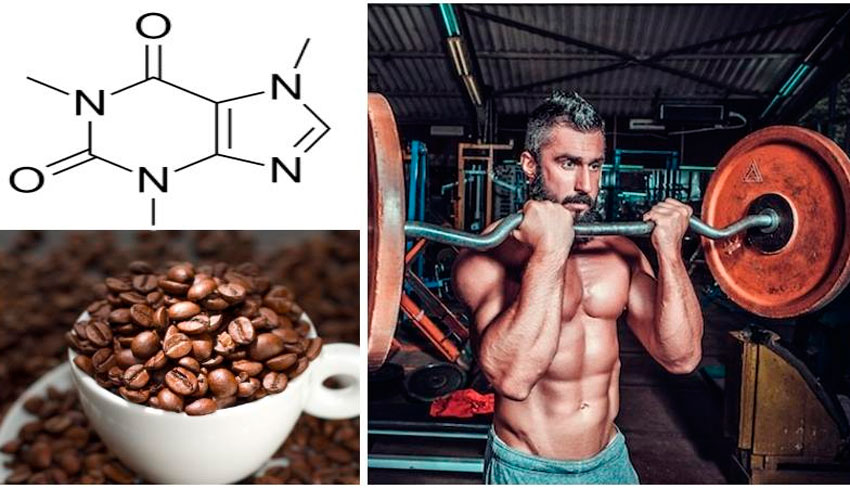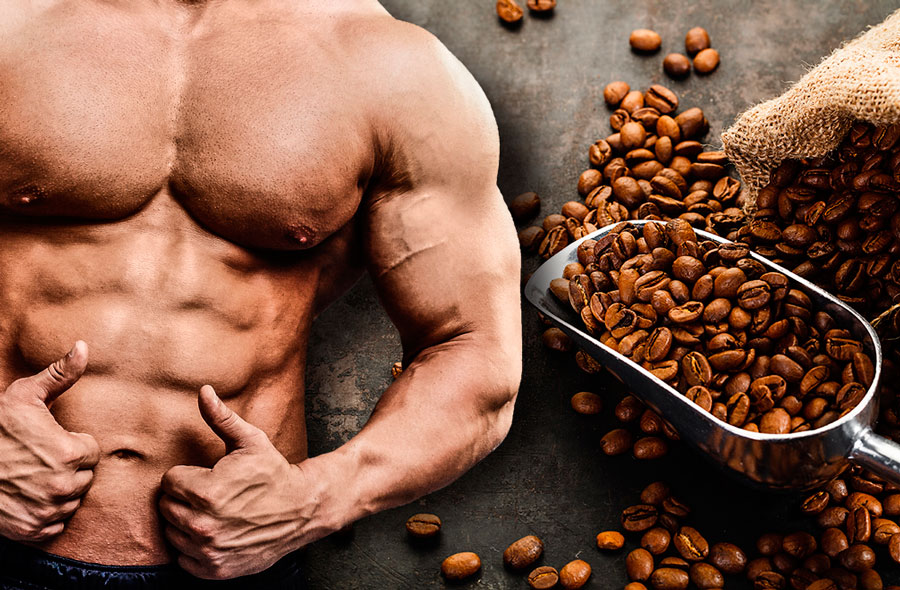Caffeine contained in coffee beans. This is an effective and powerful stimulant, with which, however, doctors say, the ear must be kept open: they say, it is very dangerous for the heart, and in addition it is addictive (just like a drug). Why, then, shops are bursting with products that contain it, the same Coca-Cola and tea? (We are silent about hundreds of different types of coffee!) Why – since there is a danger – will it not be banned at all?
The question is not simple. First, try banning drinks loved by millions! Secondly, caffeine is still a “respectable” simulator (unlike, for example, the notorious “ecstasy” – a dangerous, illegal drug). Personally, we would call caffeine an excellent remedy, but only as a last resort.
What is this extreme case, you ask. An extreme case is when I need to stimulate my weakened body. Caffeine, in fact, has a powerful stimulating effect – on the circulatory system and the brain.
If everything is so beautiful, why not drink coffee often? More often – it is undesirable, because the body gets used to caffeine and the stimulating effect will come to naught. This is where a very important question arises for bodybuilders, or rather, for those who have long included caffeine in their training diet. Do they need to increase the dose based on the habituation of the body? There is no need.
In what form do caffeine take in bodybuilding
How do bodybuilders take caffeine in bodybuilding? Do you drink coffee or cola? Of course not. It’s about caffeine in tablets. And this is by definition a drug substance. Well, but it acts on the body, regardless of whether it affected him in the past or not. It’s like with aspirin. No matter how many years you drink it, the effect remains at the same level.
We repeat, we are now talking about special shock dosages that far exceed the composition of caffeine in a morning cup of coffee. Those who go to the gym and regularly swallow caffeine tablets will understand us – the difference between a cup of coffee and a tablet is huge. When you approach the bar, then the force is such that it seems, give you a tank now – and you will squeeze it out!

The physiological effect of caffeine is obvious – it is a very active substance. Judge for yourself. What parameters are activated after taking a dose of caffeine? Yes all! Metabolism? Yes. Body temperature? Yes. Sweating? Yes. Pulse? Again, yes. What about training indicators – endurance and strength? And they are growing!
Following the Effectiveness of Caffeine
As scientists established, a caffeine dose (330 mg) an hour before the start of a workout significantly increased endurance in cyclists. Moreover, even a lower dose (250 mg) increased training performance by as much as 20%! However, this is not all. The subjects had an elevated level of free fatty acids in the blood and a low ratio of gas exchange in the lungs. In normal language, this means that they were able to “burn” more fat during training – as much as 30%! There you go!
The effectiveness of caffeine in conditions when the body performs a short but intense work is also proved by scientists using the example of sprint cyclists. They were given significant doses of caffeine (6 mg per 1 kg of body weight) before a series of short races. In conclusion, they were asked to ride a bicycle at maximum speed to exhaustion. It is curious that those who took caffeine “lasted” a whole minute longer. Just a minute, the skeptic will exclaim. Take your time – the bike sprint lasts four to five minutes! In all respects, it is close to bodybuilding, which means that the conclusions made for sprinters are also suitable for “iron” sports. Caffeine will really help the bodybuilder to increase the intensity of the training and quickly “burn” excess fat.
It is no coincidence that caffeine in bodybuilding and sports is widely used in preparation for the Olympic Games. That is why the IOC was subsequently forced to limit the use of this substance to Olympians. Urine caffeine was limited to 12 micrograms per milliliter.
The mechanism of action of caffeine
Caffeine “boosts” the central nervous system and at the same time “mobilizes” free fatty acids. Why does an athlete need increased nervous system excitement? In order for neurons to properly “drive” impulses from the brain into muscles. Will the muscles work faster from this? Of course! The strength of the muscles and their endurance will increase, so much so that it is impossible to compare with the usual state! As for free fatty acids, by “burning” them in larger quantities, you save glucose (a deficiency of which reduces endurance and the ability of muscles to work intensively).

How to take caffeine
Smart! Firstly, if you decide to take it in the form of coffee, then a couple of cups you can not do without. An effective daily dose for an athlete is no less than ten cups. Therefore, it is recommended to take caffeine in tablets.
Secondly, if you have to participate in competitions, it is better to limit the dose during the last day. Then, about an hour before the performance, take a single, but “tangible” dose of caffeine.
If you drink caffeine to improve your training performance, then the temporary intake schedule may not be so strict – drink coffee all day.
So, the optimal dosage of caffeine for a bodybuilder is 9 mg per 1 kg of body weight. It is worth reducing it at least slightly, and the stimulating effect will also decrease! True, you should not rush to the other extreme, otherwise your health will worsen (inability to concentrate, disorders of the gastrointestinal tract, cardiac arrhythmia).
You are probably wondering what will happen when you come to the doping control. Don’t worry, the limit of caffeine in the urine, which we talked about above, does not threaten you, even if you drink six cups of coffee at a time within one hour before the test.
In fact, the maximum dosage was claimed, apparently, with a large margin. To “get stuck” in the doping control, you need to “drive” as much caffeine into the body as even someone who works on super-limit programs will not need. Studies on runners and cyclists have shown a significant increase in performance (during high-intensity training) even due to “moderate” doses of caffeine (about 9 mg per 1 kg of body weight).
Caffeine and side effects
Another reader has already suggested that caffeine is completely harmless. Of course not. Prolonged consumption of caffeine in increased amounts is potentially hazardous to health (increased anxiety, premenstrual syndrome, occurrence of fibrotic cysts).
When recommending caffeine, we proceed from the fact that you will take it according to a certain scheme – strictly meeting your sports needs. In the off-season, in order to obtain a significant effect, it is enough to get only 3 to 6 mg per 1 kg of body weight. If the task is to compete with the maximum result, increase the dose to 9 mg.
But even this dose is far from potentially dangerous. Of course, unpleasant surprises are possible due to genetic abnormalities. But the main thing here is to listen to the voice of the body. We felt a clear malaise – immediately reduce the dosage! Sometimes a problem arises from scratch, when the athlete on the first day loads the full norm. No, you can’t do that. Having chosen a certain amount of caffeine as a guideline, approach it gradually, at the expense of several intermediate doses, increasing the dose once in a while. Take your time: the secret is to increase your dosage slowly.
Good luck and do not forget to use caffeine in bodybuilding, because it is a powerful stimulant.


